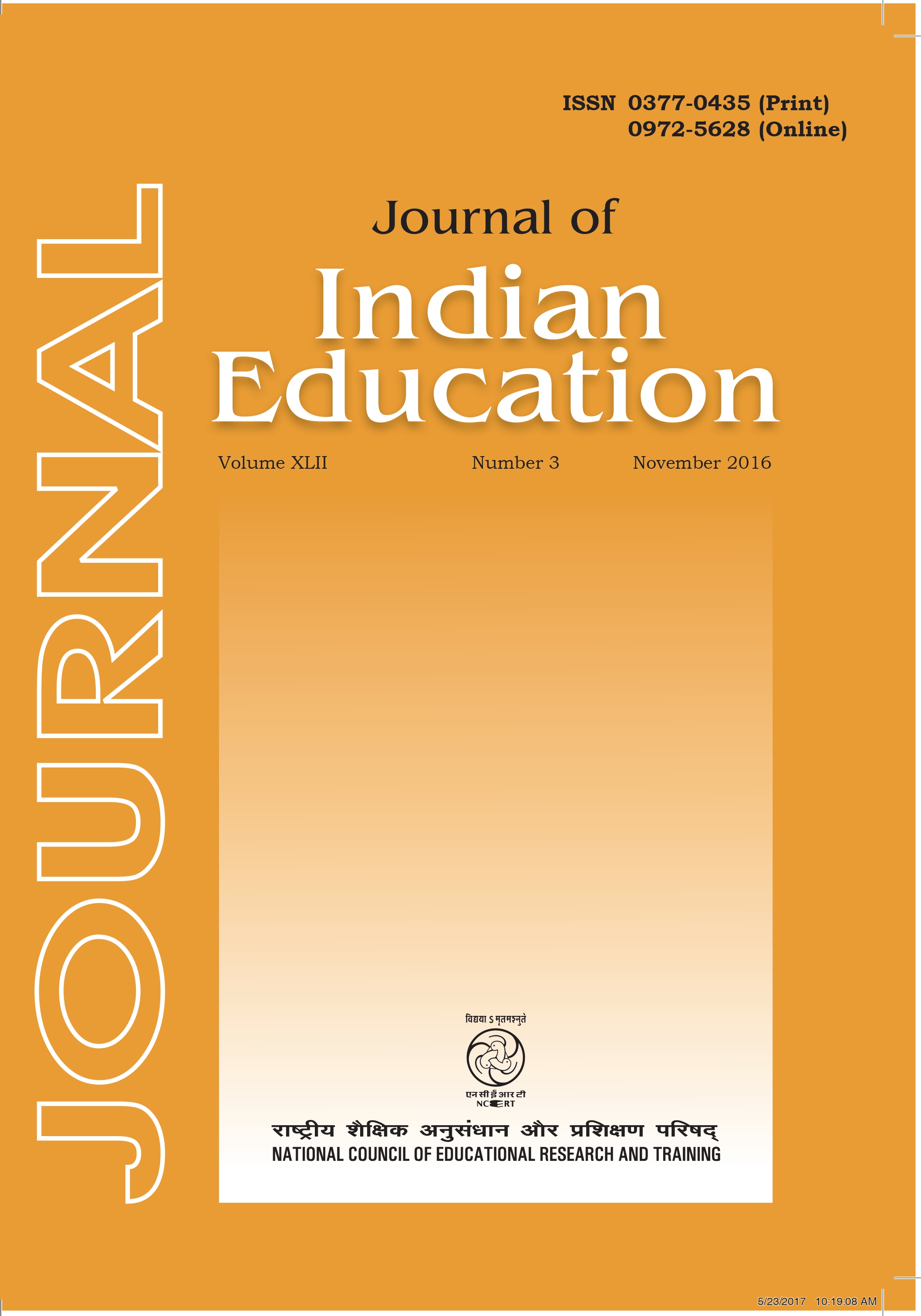Published 2024-12-13
Keywords
- Quality education,
- Educational policy
How to Cite
Abstract
the Indian context, the term ‘quality’ has come to stand for a variety of meanings and approaches that attempt to describe, evaluate and reform the state of education in terms of the nature of its provision (institutions), curriculum and textbooks, the professional competence of teachers and the learning outcomes of students. While these are significant indicators of the health of an educational system, this paper argues that engagements with the idea of ‘quality’ in education must be contextualised in the light of a society’s ideas on what constitutes the desirable human life as well as the role of the State and education in that enterprise. The arguments of Enlightenment philosopher Jean Jacques Rousseau are reprised in this context, considering his influence in shaping the discourse of ‘inequality’ and its political and educational solutions. The amelioration of inequality was very much a part of engagement with the idea and identity of the India by nationalists during the first decades of the twentieth century. The philosophical positions adopted by Dr. B.R. Ambedkar and Mahatma Gandhi on what constituted an equitable and sustainable social order are examined in this regard. While their visions were diametrically different (especially regarding the nature of the State and the kind of education that was required), revisiting and negotiating with their ideas offer us scope in reordering our priorities with regard to how we conceptualise and locate ‘quality’ in the public education system.

